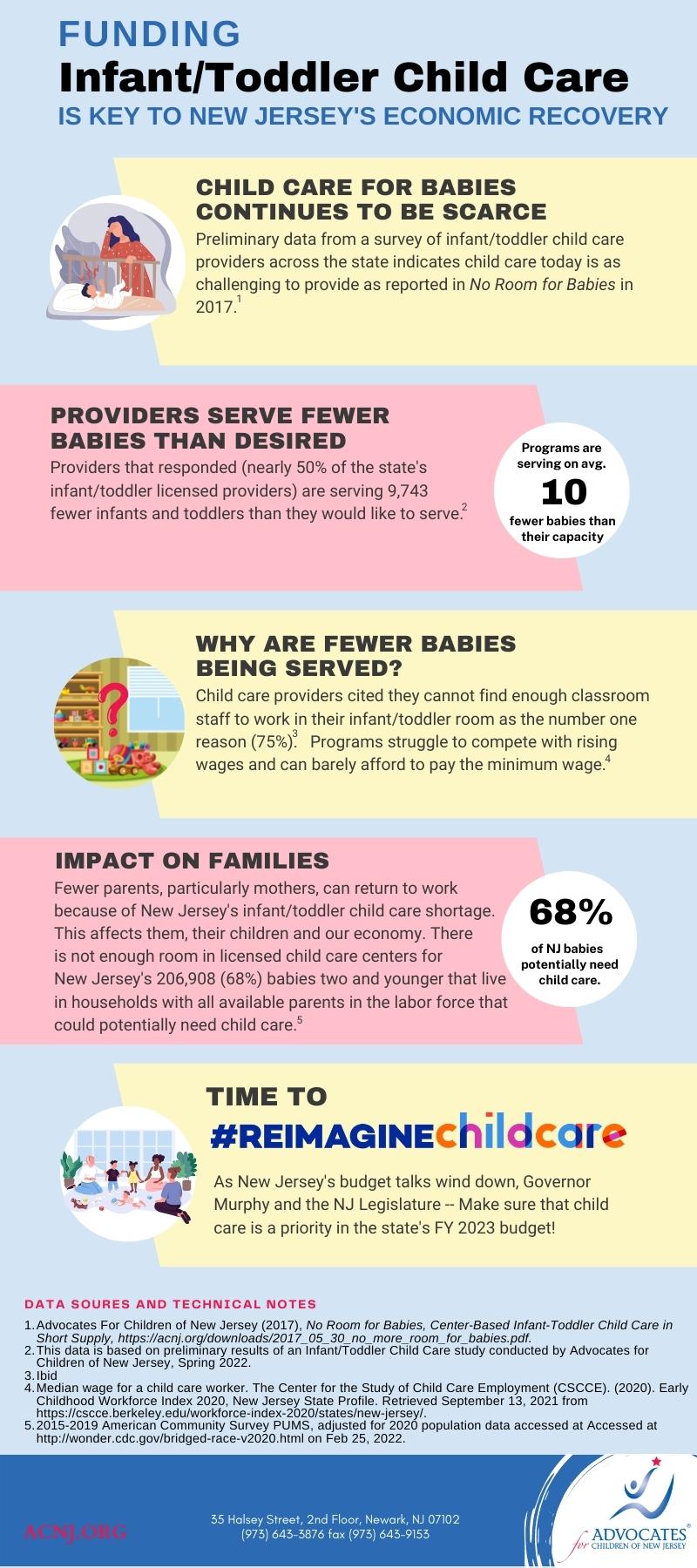The horrific murder of 19 children in Texas is something no parent or community should have to suffer. The immediate reaction was terror, followed by the expected political rhetoric. We have heard this all before without resolution. Hopefully, this time will be different, with thoughtful people engaging in a real conversation concerning sensible gun laws without the finger-pointing.
In the meantime, what else might we consider doing? In light of all the posts on social media, one thing that comes to mind is how to use social media to save lives. News reports tell us that the latest shooter posted a photo of two AR15-style rifles to an Instagram account just three days before the massacre at Robb Elementary School, and direct messages were sent on Facebook just before the shooting. According to CNN reporters, the shooter of ten people at the Tops grocery store earlier this month also posted plans to social media before the shooting. The Parkland School shooter posted his desire to “shoot people with my AR-15” on social media months before he shot students at the school. News articles confirm that a YouTube comment saying, “I'm going to be a professional school shooter,” was reported to the FBI. Clearly, these individuals were a known dangerous risk looking for attention.
There have been endless articles and discussions among reporters and pundits about whether social media platforms, Facebook, Twitter, and others, have the right to terminate users based upon their posts. Without weighing in on that “free speech” debate, I want to focus on the fact that these social media platforms use algorithms to remove users. Many, if not all, social media platforms use algorithms to help maintain order and assist in ranking search results and advertisements. So why can’t Facebook and other social media platforms develop an algorithm that identifies a potential mass murderer by their post(s) advertising their intention to shoot up a school or to kill some people at a store? Once a potential shooter is identified, local school counselors and protective services could be notified immediately.
One might argue that this notification would trample the poster’s rights and liberties. While the right to privacy is not explicitly mentioned in the U.S. Constitution, the Supreme Court has held that several of the Amendments create this right to privacy, or what the Court referred to in Katz v United States, 389 U.S. 347 (1967) as a “reasonable expectation of privacy.” However, when it comes to social media, that right to privacy “is almost non-existent”. Courts have concluded that something one voluntarily posts to Facebook no longer carries a reasonable expectation of privacy. Thus, a potential killer gives up their right to privacy by sharing their intentions to kill on social media.
While initially private enterprises, several social media platforms have become what lawyers and economists often call “The Commons.” Much like other Commons such as utilities, it might be appropriate to regulate them in this matter.
If they argue against it, claiming that servers are “private property,” maybe they can work on an effective protocol. If not, Congress should pass a law to authorize these protocols and compel social media platforms to identify and notify authorities of potential shooters.
The first amendment gives us the right to post, but that post has consequences. A person advertising their intention to commit murder can and should be stopped. As far as I know, it is a rare individual who supports the shooting of children.





